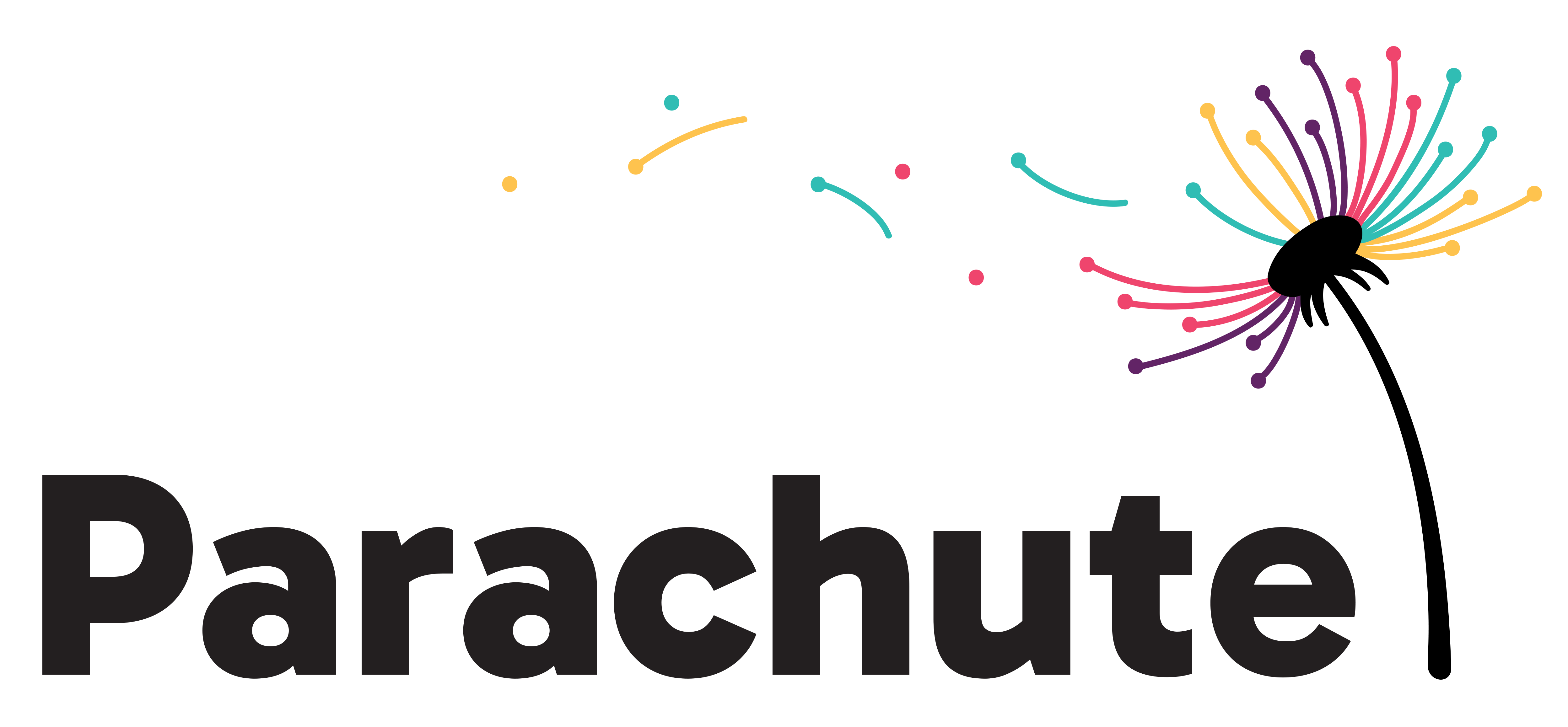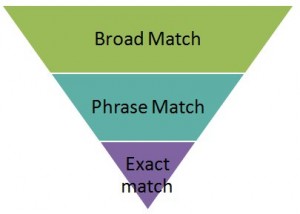I am compelled to write this specific blog post about Google Adwords and the paid search marketing strategies you can employ because I was outraged yesterday when I spoke with a woman who had been deliberately misled by the internet marketing company managing her search campaigns. She was concerned that she was being charged $800 a month for her Google Adwords campaign because her internet marketing consultant had advised her that they needed to build the keyword list as much as possible, with words like “bird” so that when a search user types in “bird” her jewellery shop would show in the search results. Of course if she did show up in the search results for “bird” and the user did click on her paid search listing, they would have been bitterly disappointed when they arrived on a page for bracelets and necklaces and not a bird in site. This is a perfect example of a poor search strategy as well as an individual who is not offering his clients the best advice for their business.
The reason internet marketing consultants recommend Google Adwords is because it allows you to target qualified individuals who are already looking for your product or service. 
Keywords such as “bird” or “couch” or “cupcake” are absolutely irrelevant to the search result landing page and website content therefore if a user does click through, it will be a poor user experience, and they will return to Google to perform another search. In the meantime, 3 things have happened:
1. Google marks you down due to a poor quality score (as they should)
2. You’ve had to pay for a click that was not qualified and cannot deliver a sale or lead
3. A consumer has had a poor user experience and a negative impression of your brand.
The advice this woman was given makes my blood boil, not only because it was unethical and incorrect, but also because it has done so much damage that takes time to undo in Google’s paid search algorithms – the quality score is affected, her rankings will be affecting, her cost per click bidding power has been affected, just to name a few. And none of them are affected in a good way.
The advice I have given:
I can work within whatever budget you are comfortable spending: if you can only spend $200 a month, then we review your keyword list and look for the long tail terms. Long tail search terms are usually several words long and more specific about your product. For example, a long tail search term for this jewellery business might be “red yonnali bangle with gold cherry blossoms”. If a search user types this into Google’s search engine, you can be pretty sure that they already know what they’re looking for an they are almost ready to buy. Of course, very few people type in such specific keywords, therefore you will maybe only get 3 people in a year searching for this long tail term, but the chances of them converting to a sale are much higher.
Every business has to make some decisions when planning their paid search campaign. If budget is your issue and you have made a strategic decision to focus on conversions and targeted qualified leads over larger traffic volume, then this strategy of using specific, long tail terms, will save any wastage in your budget and drive stronger conversion rates.
There are other ways that you can conserve your search budget. If you want a mixture of new customers who are just browsing as well as the qualified leads of people who are much further down the consideration cycle and ready to buy, then we can test a few other strategies to conserve your search marketing budget.
1. We could day part target or target users by day of week. This requires a little bit of analysis of your Google Adwords search campaign results to identify which days of the week your campaign tends to get more impressions and clicks. If, for example, your campaign shows that the majority of your sales (through paid search) tend to come through on Mondays and Tuesdays, you may choose to target your campaign budget at only these days, alternatively you may choose to day part target and focus your budget from 9am to midday, at which time your ads will show as much as possible and then after midday they will no longer show up if people are searching for your keywords.
2. We could reduce your cost per click (CPC) bid to reduce your position ranking, for example, from position 2 to position 4. This will conserve your budget as you’re paying less to be in position 4 than to be in position 2. Position 4 in google paid search results also tends to get fewer clicks, so while you still ensure that your businesses search listings ranks on page 1 of Google’s search results for your desired keywords, you still get the subconscious brand awareness, but you don’t get as many clicks or pay as much.
3. We could change your search keyword bidding strategy from broad match to exact match. In this example your search ad would only show up in search results when the user typed in exactly your search keyword. If your search bidding strategy is set to exact match and one of your keywords is “red yonnali bracelet”, your ad would not show if the user typed in “blue yonnali bracelet”. But, had your search campaign been set to broad match, your ad would have shown up. But then the question is, do you have a blue yonnali bracelet on your website?
As you can see, there are many different search strategies that can be used to manage your Google Adwords campaign. If an internet marketing professional ever makes a recommendation that just doesn’t make sense to you, follow your instinct and question it.
Online marketing and search marketing in particular is so powerful because it allows you to track every click, to measure every cost against its conversion for the best possible return on marketing investment (ROMI) and because it CAN be very targeted. So when I see small business owners being taken advantage of, it makes me angry because I want businesses to understand the value of online and the power of search marketing to drive qualified leads to your ecommerce website.
If something similar has happened to you, please don’t be discouraged, it doesn’t mean that Google Adwords doesn’t work for you, or is too expensive, it just means you need to try a different search strategy.
Please leave a comment if you know of another appalling story of internet marketing inadequacy or poor search strategy.


Hi Shanelle,
Thanks for this article. I will like to start soon a small adwords campaign for the first time. You’re tips helped me to better understand how it runs, however I need a “practical example” to know in depth this new field.
Once again, thanks for your resources and if you have a best example let me know please.
B regards,
Claudio
Hi Claudio,
I’m glad I could help.
When you say you need a practical example, do you mean you’re looking for a “how to guide” to actually get your account set up?
Or are you looking for examples of keywords and ad text?
Cheers,
Shanelle